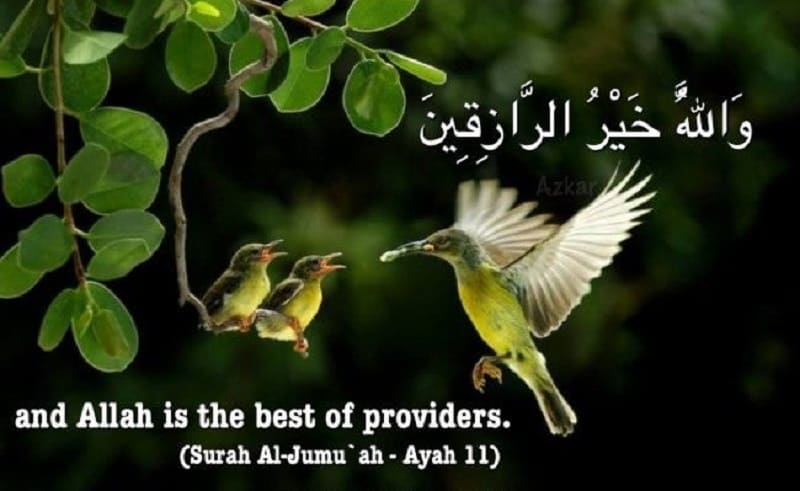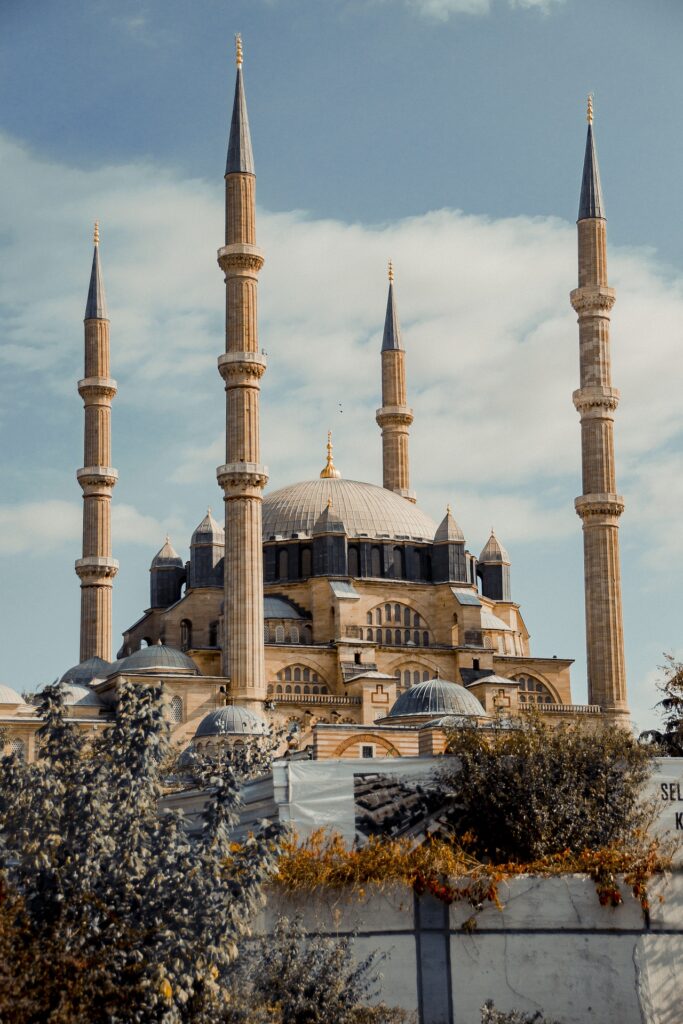The Oppressed in Islam: Rights, Divine Justice, and Prayers for Justice

The Oppressed in Islam: Rights and Prayers for Justice Islam, as a religion of peace and justice, places great emphasis on the protection of the oppressed. The Prophet Muhammad (peace be upon him) gave special attention to those who face injustice, stressing that oppression is forbidden in all its forms. In this article, we will […]
What is Rizq in Islam, and why does it differ among people?

What is Rizq in Islam, and why does it differ among people? In Islam, Rizq (provision or sustenance) refers to everything that Allah has preordained for a person, including wealth, health, knowledge, relationships, and opportunities. It encompasses not only financial income but all forms of sustenance that support human life and well-being. The concept of […]
Divorced Women: Rights and Responsibilities in Islam

Divorced Women: Rights and Responsibilities in Islam Divorce, or “Talaq,” in Islam is a serious matter governed by a set of rules and regulations. These guidelines ensure that the rights of all parties, particularly women, are protected. Islamic teachings emphasize justice, compassion, and fairness in handling divorce, aiming to uphold the dignity and honor of […]
Sorcery in Islam: Understanding Sihr and Its Dangers

Sorcery in Islam: Evidence, Dangers, Signs, and How to Protect Yourself Sorcery in Islam, or sihr in Arabic, is severely condemned in Islam. It is mentioned in several verses of the Qur’an and in the hadiths of Prophet Muhammad ﷺ and is considered one of the gravest forms of disbelief. Islam teaches that witchcraft can […]
Condolences in Islam

Condolences in Islam The loss of a loved one is a painful experience that each of us may go through. In Islam, the way to offer condolences is not only a gesture of support but also an opportunity to remember Allah’s teachings and strengthen community ties. In this article, we will examine the principles of […]
What is Islam? Understanding the Foundations of the Muslim Faith

What is Islam? Understanding the Foundations of the Muslim Faith Islam, which literally means “submission” or “surrender” to the will of God, is a monotheistic religion founded on the teachings revealed by Allah (God) to the Prophet Muhammad (peace be upon Him) in the 7th century. Today, Islam is practiced by more than 1.8 billion […]
The Prohibition of Pork in Islam

Why Pork Consumption is Forbidden in Islam? The consumption of pork is strictly prohibited in Islam, a ruling deeply rooted in the Quran, Hadiths, and Islamic jurisprudence. This prohibition is not only a spiritual command but also a reflection of health and moral considerations designed to protect Muslims from harm. This article explores the reasons […]
Why Alcohol is Prohibited in Islam?

Why Alcohol is Prohibited in Islam: Verses and Opinions from the Schools of Thought In Islam, the consumption of alcohol is strictly prohibited. This principle is based on Qur’anic verses, authentic hadiths, and the interpretations of scholars and the four main schools of Islamic jurisprudence. The prohibition is aimed at protecting believers from the spiritual, […]
Halal and Haram Beverages in Islam: What You Need to Know

Halal and Haram Beverages in Islam: What You Need to Know In Islam, the consumption of beverages is strictly regulated by religious principles aimed at preserving the physical and spiritual well-being of the believer. Just like food, drinks are classified into two main categories: halal (permissible) and haram (forbidden). This article explores these distinctions through […]
Dreams in Islam: Understanding Their Significance and How to Respond

Dreams in Islam: Understanding Their Significance and How to Respond Dreams in Islam In Islamic tradition, dreams hold a special place. Islam teaches that some dreams may carry spiritual significance, while others are simply reflections of daily thoughts or concerns. Dreams are mentioned in the Quran and in the hadiths of the Prophet Muhammad (peace […]

